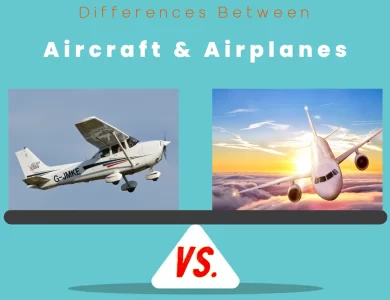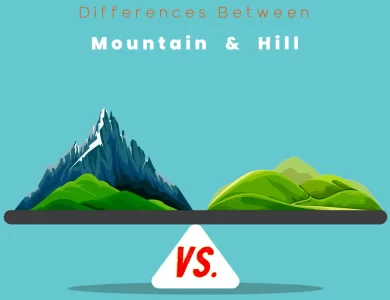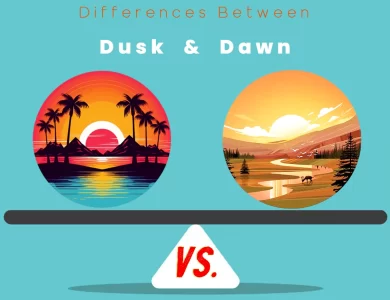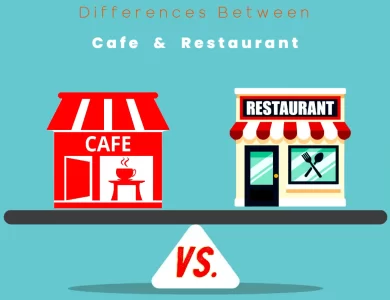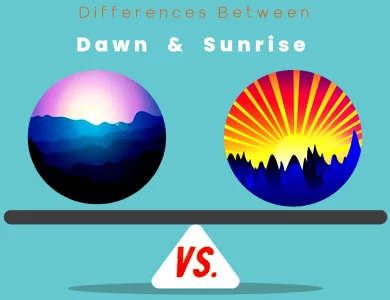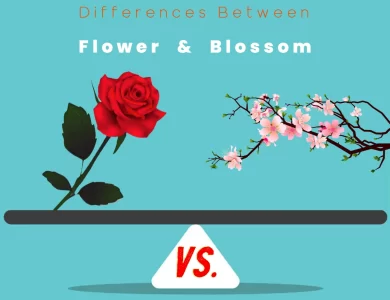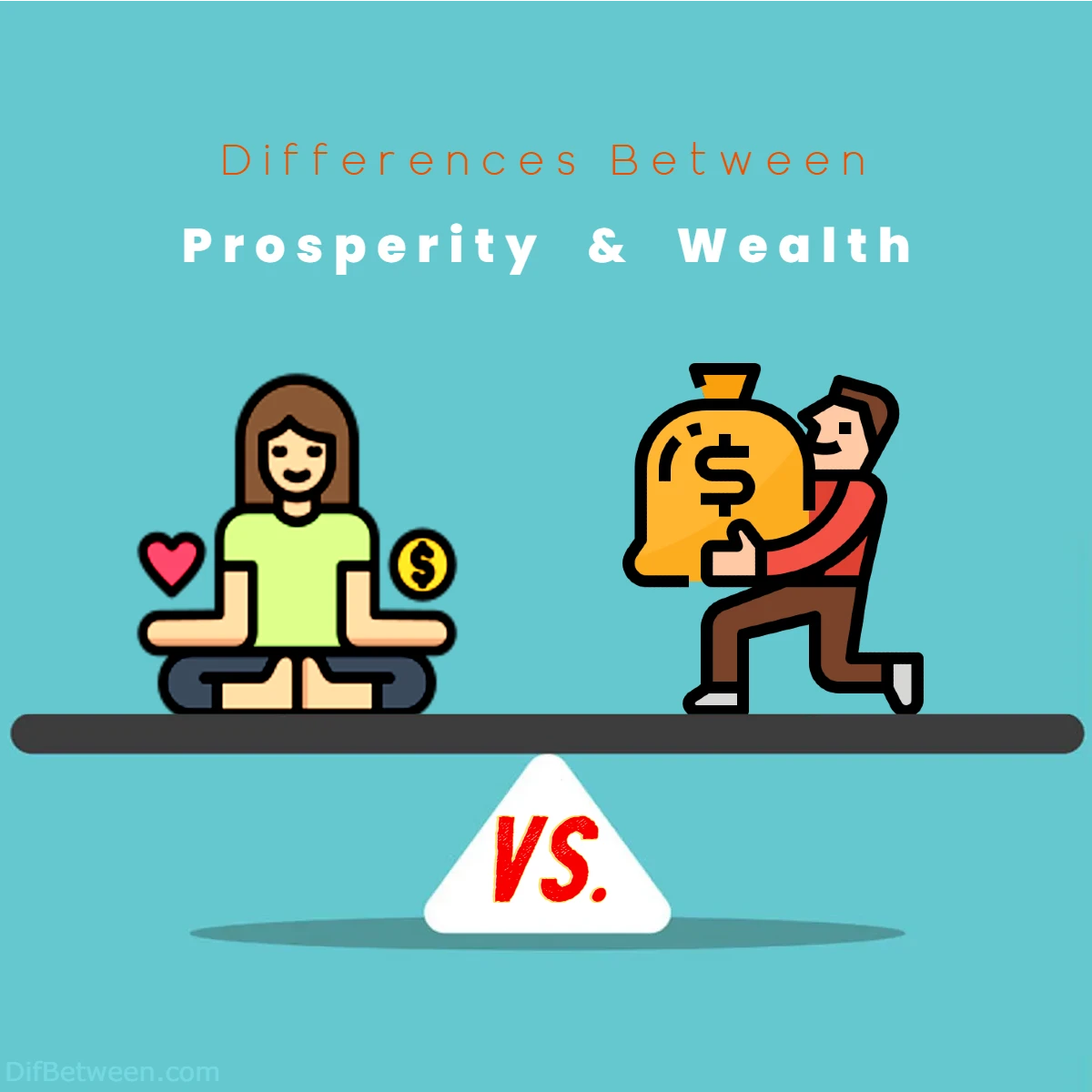
| Dimension | Prosperity | Wealth |
|---|---|---|
| Definition | A state of overall well-being and success, encompassing multiple dimensions including financial, emotional, health, social, purpose, and time. | The accumulation of valuable possessions, money, or assets that can be converted into money. |
| Focus | Holistic well-being and success in various life dimensions | Primarily financial assets and resources |
| Financial Dimension | Includes financial well-being, wise money management, and financial security | Focuses on having substantial money and valuable assets |
| Emotional Dimension | Relates to mental and emotional well-being, happiness, and life satisfaction | May influence emotions but doesn’t guarantee emotional well-being |
| Health Dimension | Pertains to good physical and mental health, access to healthcare, and quality of life | Can enhance access to healthcare and lifestyle but doesn’t guarantee good health |
| Social Dimension | Involves strong, positive relationships with family, friends, and the community | Can influence social relationships but doesn’t guarantee positive, fulfilling connections |
| Purpose and Fulfillment Dimension | About finding meaning, passion, and fulfillment in life | Can enable individuals to pursue passions but doesn’t guarantee purpose and fulfillment |
| Time Dimension | Focuses on work-life balance, leisure, and freedom to pursue personal interests | Provides more opportunities for leisure and personal pursuits but doesn’t guarantee a balanced use of time |
In a world often obsessed with the relentless pursuit of wealth, it’s high time we unveil the broader panorama of prosperity. Prosperity isn’t confined to the glitter of gold and the clink of coins; it’s a multidimensional state of well-being that transcends the financial realm. It’s about leading a life brimming with happiness, emotional fulfillment, robust health, meaningful relationships, a sense of purpose, and the precious gift of time.
Differences Between Prosperity and Wealth
The main differences between prosperity and wealth lie in their scope and nature. Prosperity encompasses a holistic state of well-being, extending beyond financial aspects to include emotional, health, social, purpose, and time dimensions. It represents a fulfilling and balanced life. On the other hand, wealth primarily focuses on the accumulation of financial assets and resources. While wealth can contribute to prosperity, it doesn’t guarantee it, as prosperity is a multifaceted concept that goes beyond the mere possession of wealth.
Defining Prosperity and Wealth
Prosperity and wealth both deal with the idea of having an abundance of resources or well-being, but they differ significantly in their scope and nature.
Prosperity
Prosperity refers to a state of well-being and success that goes beyond mere financial wealth. It encompasses various aspects of a person’s life, including health, happiness, and overall quality of life. Prosperity is a holistic concept that measures a person’s overall quality of life and their ability to flourish in multiple dimensions.
Prosperity often includes factors like good health, strong social relationships, personal fulfillment, and a sense of purpose. It’s not solely tied to financial wealth but extends to a more comprehensive sense of fulfillment and contentment in life.
Wealth
Wealth, on the other hand, primarily focuses on financial assets and resources. It’s the accumulation of valuable possessions, money, or assets that can be converted into money. Wealth is often quantifiable and is a measure of a person’s or entity’s economic status. While wealth can contribute to prosperity, it doesn’t guarantee it, as prosperity encompasses a broader spectrum of well-being.
Now that we have defined prosperity and wealth let’s dive deeper into their differences and explore the various dimensions of each concept.
Dimensions of Prosperity and Wealth
Financial Dimension
Financial Dimension of Prosperity
In the financial dimension, prosperity encompasses the ability to meet one’s financial needs and desires while maintaining financial security. It’s not just about having a high income or a vast amount of money but also about managing finances wisely to ensure long-term well-being. Financial prosperity involves saving, investing, and having a stable financial future.
Financial Dimension of Wealth
Wealth, in the financial dimension, is all about having a substantial amount of money and valuable assets. It’s the accumulation of assets such as real estate, stocks, bonds, and other investments. Wealth is often measured in terms of net worth, which is the total value of a person’s assets minus their liabilities.
Prosperity and wealth in the financial dimension are related, but prosperity takes into account the holistic financial well-being of an individual, including their ability to manage their finances responsibly.
Emotional Dimension
Emotional Dimension of Prosperity
Emotional prosperity relates to one’s mental and emotional well-being. It involves having a positive outlook on life, managing stress effectively, and experiencing happiness and contentment. Emotional prosperity is not solely dependent on financial wealth but is influenced by factors like personal relationships, work-life balance, and overall life satisfaction.
Emotional Dimension of Wealth
Wealth, in the emotional dimension, can influence an individual’s emotions but doesn’t guarantee emotional prosperity. A wealthy person may still experience stress, anxiety, or unhappiness. Wealth might provide more options and opportunities, but emotional well-being depends on factors beyond financial resources.
Health Dimension
Health Dimension of Prosperity
Prosperity, in the context of health, pertains to good physical and mental health. It involves maintaining a healthy lifestyle, having access to healthcare, and experiencing a high quality of life. Health is a fundamental aspect of prosperity as it directly impacts a person’s overall well-being.
Health Dimension of Wealth
Wealth can contribute to better access to healthcare and a more comfortable lifestyle, but it doesn’t guarantee good health. Health is influenced by factors such as genetics, lifestyle choices, and environmental factors. Wealth can enhance the quality of healthcare one receives but doesn’t automatically equate to good health.
Social Dimension
Social Dimension of Prosperity
In the social dimension, prosperity involves having strong, positive relationships with family, friends, and the community. It’s about feeling connected and supported by a social network, which contributes to emotional well-being and a sense of belonging.
Social Dimension of Wealth
Wealth can influence social relationships, but it doesn’t guarantee positive, fulfilling social connections. A wealthy individual may have a wide network of acquaintances but may lack genuine, meaningful relationships. Social prosperity is more about the quality of relationships than the quantity.
Purpose and Fulfillment Dimension
Purpose and Fulfillment Dimension of Prosperity
This dimension of prosperity is about finding meaning and purpose in life. Prosperity in this context involves pursuing one’s passions, having a sense of purpose, and feeling fulfilled in the work or activities one engages in. It’s about living a life that aligns with one’s values and goals.
Purpose and Fulfillment Dimension of Wealth
Wealth can enable individuals to pursue their passions and find purpose, but it doesn’t guarantee it. A wealthy person may lack a sense of purpose or fulfillment, while someone with modest means may lead a deeply fulfilling life. This dimension of prosperity is more about personal choices and values than financial resources.
Time Dimension
Time Dimension of Prosperity
The time dimension of prosperity is about having the freedom to allocate time to activities that matter most. It involves work-life balance, leisure, and the ability to pursue personal interests without being tied to a demanding schedule.
Time Dimension of Wealth
Wealth can provide more opportunities for leisure and time for personal pursuits, but it doesn’t automatically translate to a well-balanced, fulfilling use of time. A wealthy individual may still be consumed by work or other commitments, neglecting personal time and well-being.
The Impact on Society
Prosperity and wealth, while distinct concepts, have a significant impact on society as a whole.
Prosperity’s Impact on Society
When individuals in a society experience prosperity across multiple dimensions, it often leads to a healthier, more harmonious community. Social prosperity, emotional well-being, and a sense of purpose contribute to lower crime rates, stronger social bonds, and a more vibrant, innovative society.
Prosperous individuals are more likely to give back to their communities through charitable activities, volunteering, and supporting local businesses. This, in turn, leads to economic growth and a more supportive social environment.
Wealth’s Impact on Society
Wealth, while important for economic growth, doesn’t guarantee a more prosperous society. Disparities in wealth distribution can lead to social inequalities and tensions. A society with extreme wealth disparities may face issues related to crime, social unrest, and a lack of access to basic resources for a significant portion of the population.
The impact of wealth on society is influenced by factors such as taxation policies, social safety nets, and philanthropic efforts by wealthy individuals. A more equitable distribution of wealth and the responsible use of wealth for the betterment of society can lead to a more prosperous community.
The Pursuit of Prosperity and Wealth
Strategies for Achieving Prosperity
Focus on Multiple Dimensions
To achieve prosperity, individuals should focus on multiple dimensions of well-being. It’s not enough to prioritize financial success; emotional, social, health, purpose, and time dimensions should also be considered. This means finding a balance between work, personal relationships, leisure, and self-fulfillment.
Invest in Personal Development
Investing in personal development is a key strategy for achieving prosperity. This includes both formal education and continuous learning throughout life. Gaining new skills, knowledge, and personal growth contribute to emotional well-being and can enhance one’s financial prospects.
Build Strong Social Connections
Social connections are a crucial element of prosperity. Building and maintaining strong, positive relationships with family, friends, and the community contribute to emotional and social well-being. Engage in social activities, be supportive of others, and seek meaningful connections.
Prioritize Health and Well-being
A focus on health and well-being is fundamental to prosperity. Maintaining good physical and mental health should be a priority. This involves regular exercise, a balanced diet, managing stress, and seeking medical care when needed.
Seek Purpose and Fulfillment
To achieve prosperity, individuals should actively seek purpose and fulfillment in life. This may involve identifying passions and aligning personal and professional goals with one’s values. It’s essential to find meaning and a sense of fulfillment in daily activities.
Manage Time Wisely
Managing time wisely is crucial for balancing the various dimensions of prosperity. Achieving work-life balance, setting aside time for leisure and personal interests, and avoiding overcommitment are essential aspects of time management.
Strategies for Building Wealth
Financial Planning and Investment
Building wealth requires sound financial planning and investment. It’s essential to create a budget, save money, and invest wisely. Diversifying investments in stocks, bonds, real estate, and other assets can help grow wealth over time.
Entrepreneurship and Business
Starting a business or becoming an entrepreneur can be a path to building wealth. Successful businesses generate income and create value. However, entrepreneurship also involves risk, so careful planning and a solid business strategy are essential.
Education and Career Advancement
Education and career advancement can lead to higher income and, consequently, greater wealth. Continuously improving one’s skills and seeking opportunities for career growth and higher-paying positions can contribute to financial success.
Savings and Frugality
Practicing frugality and saving money are fundamental wealth-building strategies. By living within one’s means, avoiding unnecessary expenses, and consistently saving a portion of income, individuals can accumulate wealth over time.
Real Estate Investment
Investing in real estate, such as buying rental properties or residential homes, can be a lucrative wealth-building strategy. Real estate often appreciates in value over time and can provide rental income.
Long-term Financial Goals
Setting and working towards long-term financial goals is essential for building wealth. This includes retirement planning, saving for children’s education, and creating a financial safety net for unexpected expenses.
The Intersection of Prosperity and Wealth
Prosperity and wealth are not mutually exclusive concepts. In fact, they can intersect and complement each other when approached thoughtfully.
Financial Prosperity
Financial prosperity is a state where individuals have enough resources to meet their financial needs, maintain security, and pursue their financial goals. This is where wealth-building strategies come into play. Accumulating wealth can contribute to financial prosperity by providing a safety net, investment opportunities, and the ability to afford life’s comforts and pleasures.
Social Prosperity
Social prosperity thrives on positive relationships and a sense of community. While wealth can provide resources for social activities and support for family and friends, it’s the quality of these relationships that truly matters. Strong social connections contribute to emotional well-being, making individuals more resilient and better able to handle life’s challenges.
Emotional Prosperity
Emotional prosperity is about happiness, contentment, and a positive outlook on life. While wealth can alleviate financial stress and provide access to experiences and opportunities, true emotional prosperity is a state of mind. It’s achievable through managing stress, practicing gratitude, and finding joy in life’s simple pleasures.
Health Prosperity
Health prosperity involves good physical and mental health. While wealth can facilitate access to quality healthcare and a healthy lifestyle, it’s personal choices and habits that determine one’s health. Maintaining a balanced diet, regular exercise, and managing stress are essential for health prosperity.
Purpose and Fulfillment
Finding purpose and fulfillment in life is not directly tied to wealth. However, wealth can provide the means to explore one’s passions and interests. Individuals who have accumulated wealth may have the resources and freedom to pursue activities that bring them a sense of purpose and fulfillment.
Time Prosperity
Time prosperity is about having the freedom to allocate time to activities that matter most. Wealth can provide the financial independence to have more control over one’s time. This may involve pursuing hobbies, spending time with loved ones, or taking sabbaticals to explore personal interests.
Conclusion
Prosperity and wealth are distinct concepts, each encompassing multiple dimensions of well-being and success. Prosperity goes beyond financial wealth, considering emotional, social, health, purpose, and time dimensions. In contrast, wealth primarily pertains to the accumulation of financial resources and assets.
A balanced approach is ideal, where individuals and society at large aim to achieve both prosperity and wealth. Prosperity contributes to a healthier, more harmonious community, while responsible wealth management can lead to a more equitable and prosperous society. Balancing financial success with well-being in multiple dimensions is the path to a richer and more fulfilling life.
FAQs
The fundamental distinction lies in their scope and nature. Prosperity is a multifaceted state of well-being that encompasses emotional, health, social, purpose, and time dimensions, in addition to financial aspects. Wealth, on the other hand, primarily pertains to the accumulation of financial assets and resources.
Yes, one can have prosperity without substantial wealth. Prosperity is not solely dependent on financial resources. It can be achieved by finding happiness, good health, fulfilling relationships, a sense of purpose, and a balanced use of time, regardless of one’s financial status.
While wealth can contribute to prosperity, it is not the sole determinant. Financial well-being is just one dimension of prosperity. Wealth can provide resources and opportunities to enhance other dimensions of well-being, such as emotional, social, and health aspects.
The importance of prosperity or wealth varies from person to person. Some prioritize financial success and wealth accumulation, while others value a more balanced, holistic well-being. The ideal approach is to strike a balance that ensures both prosperity and wealth align with one’s life goals and values.
Prosperity contributes to a healthier, more harmonious society with strong social bonds and reduced crime rates. In contrast, wealth, when unevenly distributed, can lead to social inequalities and tensions. A responsible use of wealth for the betterment of society can create a more prosperous community.
Not necessarily. While wealth can provide resources, it doesn’t guarantee emotional well-being or a sense of purpose. True prosperity involves a well-rounded fulfillment in various dimensions of life, and it’s not solely contingent on financial success.
Yes, individuals can aim for a balance between prosperity and wealth. Strategies include investing in personal development, building strong social connections, prioritizing health and well-being, seeking purpose and fulfillment, managing time wisely, and practicing financial planning and investment to accumulate wealth. Balancing both aspects is key to a more fulfilling life.
Self-assessment involves evaluating various dimensions of well-being for prosperity, including emotional, social, health, purpose, and time aspects. For wealth, assess your financial assets and resources. You can gauge your progress by considering whether you are achieving your goals and values in each dimension.
Absolutely. The two can coexist harmoniously when individuals prioritize a balanced approach. Wealth can be a valuable tool to enhance various dimensions of prosperity. The key is to align financial success with well-being in other aspects of life.
Yes, prosperity can be achieved without significant financial success. While financial resources can contribute to various dimensions of well-being, such as health and free time, prosperity is not solely determined by wealth. It’s about leading a fulfilling life encompassing multiple facets of well-being.
Read More:
Contents
